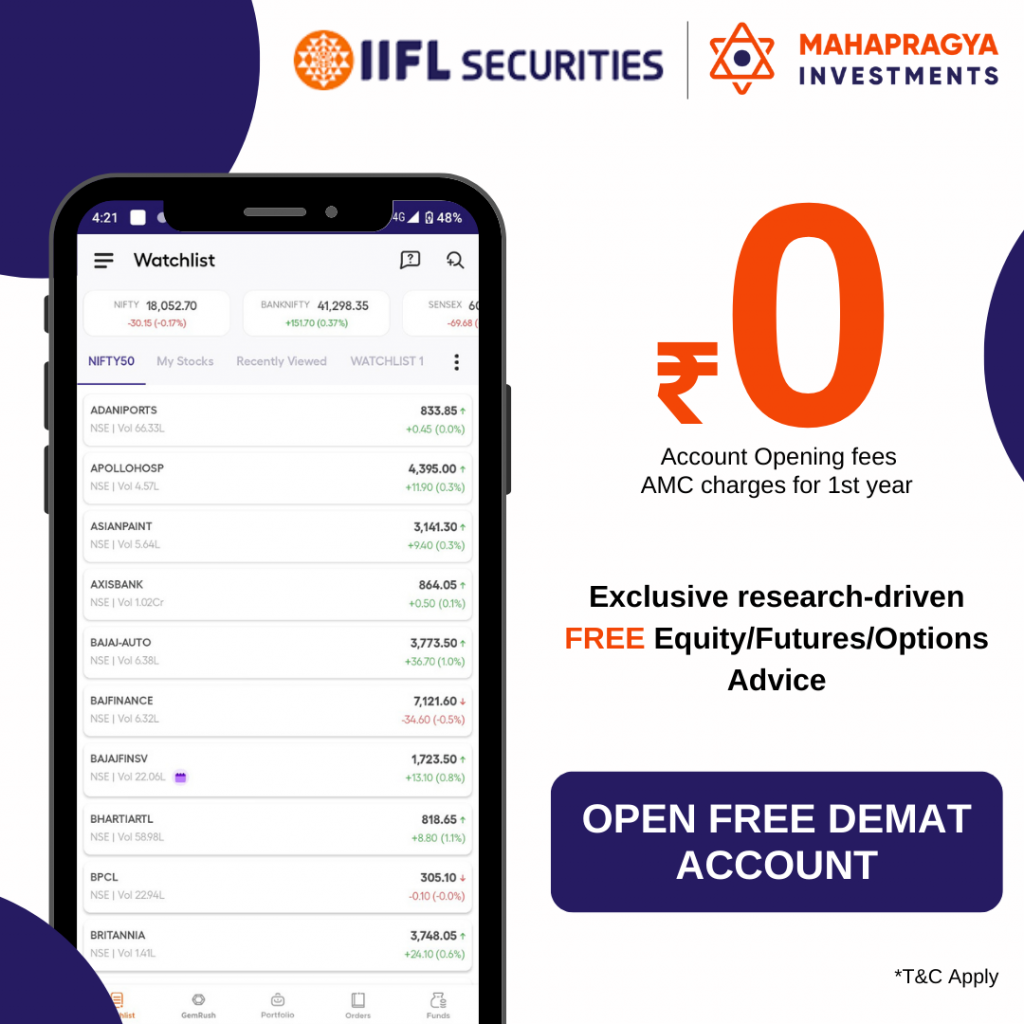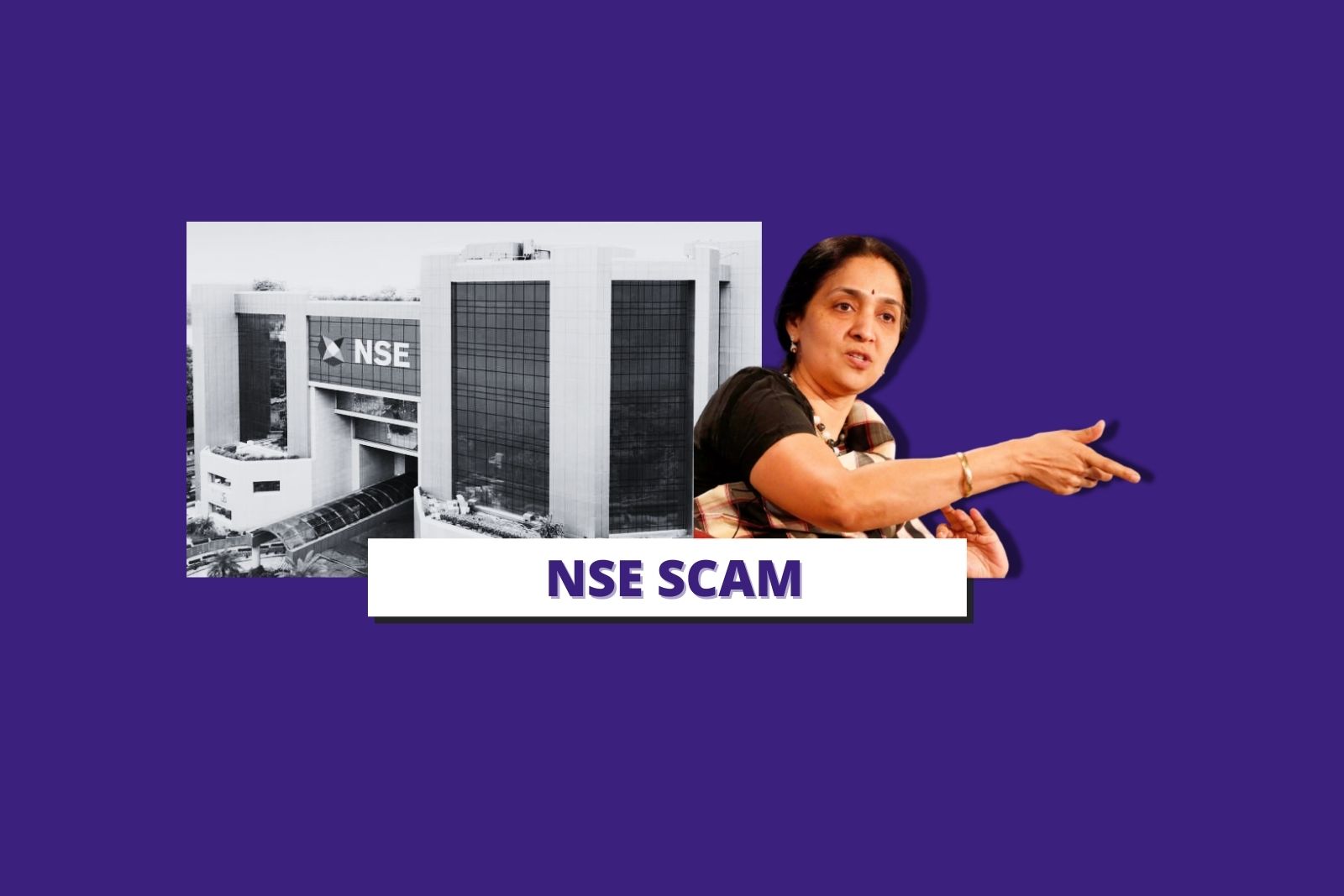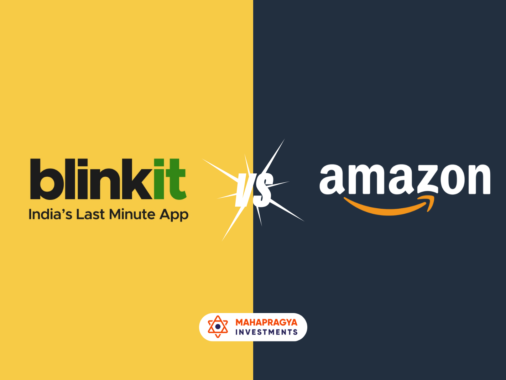
When was the last time you made an internet purchase?
If your response was “yesterday” or “I just bought my groceries two minutes ago,” you likely recognize that online shopping has become an integral part of your life. As of July 2020, India has 230 million internet shoppers.
And the most significant beneficiaries have been e-commerce enterprises. However, with the rise of online shopping, fintech companies have gotten in on the action, enticing consumers to make more purchases.
We are discussing BNPL firms. Companies that offer to pay in advance on your behalf. Companies that provide short-term credit at the time of purchase. The skyrocketing popularity of these applications has given rise to an intriguing puzzle, which is the subject of today’s tale.
BNPL scams!
According to a new analysis by Juniper Research, global e-commerce enterprises could lose $48 billion to online payment thefts in 2019. Newer options, such as digital wallets and BNPL (Buy Now, Pay Later) apps, will amplify this figure even further.

In fact, according to the study report, “…the potential for fraud with BNPL is a significant risk moving forward. Due to the delayed nature of BNPL payments, fraudsters can use stolen card information to make multiple fraudulent purchases before the fraudulent activity is detected, creating a major risk.”
Now, there are numerous methods by which fraudsters might commit BNPL fraud. Existing BNPL accounts belonging to legal customers could be compromised by bad actors, who could make several purchases before the owner realizes something is wrong. Additionally, they could take advantage of lax Know-Your-Customer (KYC) standards to create new accounts with stolen credentials. Or, they could commit fraud against the merchant by making payments without the intent to pay. In most instances, BNPL providers may be required to absorb the loss. This affects their financial standing. In other cases, consumers who have been victims of identity fraud may be required to demonstrate their innocence.
All of this imposes enormous costs on conducting business. It is harmful to customers. It’s detrimental to e-commerce apps. And it is damaging to the banking system.
But you could ask: Isn’t fraud a characteristic of the digital payment ecosystem? It is not limited to BNPL applications only, no?
Yes, you are correct. However, the popularity of BNPL apps has increased globally and in India. The BNPL market is projected to reach over $50 billion by 2026, up from just $3 billion. This rate might eclipse the personal loan and credit card industries. With this kind of explosive growth, there will also be an increase in instances of fraud.
So, how do you treat this ailment?
Well, two things: regulations and compliance improvement. As BNPL businesses mature, they will implement more stringent security precautions to prevent identity theft and fraud. In addition, regulators are gradually awakening to the threat posed by BNPL fraud and holding incumbents accountable.
In India, the RBI employs brute force to combat fraud. Recent RBI restrictions ban buy-now-pay-later businesses from loading credit lines onto pre-paid instruments, for instance. In other words, the guidelines require banks and NBFCs to deposit loans directly into the borrower’s bank account.

And while you may believe that this is similar to the typical BNPL product, you would be mistaken. A BNPL provider may evaluate your creditworthiness during the purchase process. Before extending a loan, however, banks typically assess your creditworthiness. Before transferring funds to your bank account, they devote much effort to determining your creditworthiness. If a BNPL app could load credit lines into pre-paid wallets and do on-the-fly credit assessments, they would be able to provide the frictionless experience you’re accustomed to.
The entire appeal of BNPL is centered on the seamless ride. If utilizing the app requires you to obtain a personal loan, you will likely use it less frequently. In other words, the additional barrier could reduce the prevalence of fraud by making BNPL less desirable.
Yes, there have also been discussions about enhancing KYC processes to reduce instances of fraud. However, it remains to be seen how the Reserve Bank of India and the fintech industry will implement the required checks without strangling growth.
So yes, e-commerce businesses and BNPL apps have somewhat stimulated consumerism. However, if we do not find ways to prevent fraud in the ecosystem, this could fast derail the growth story.






